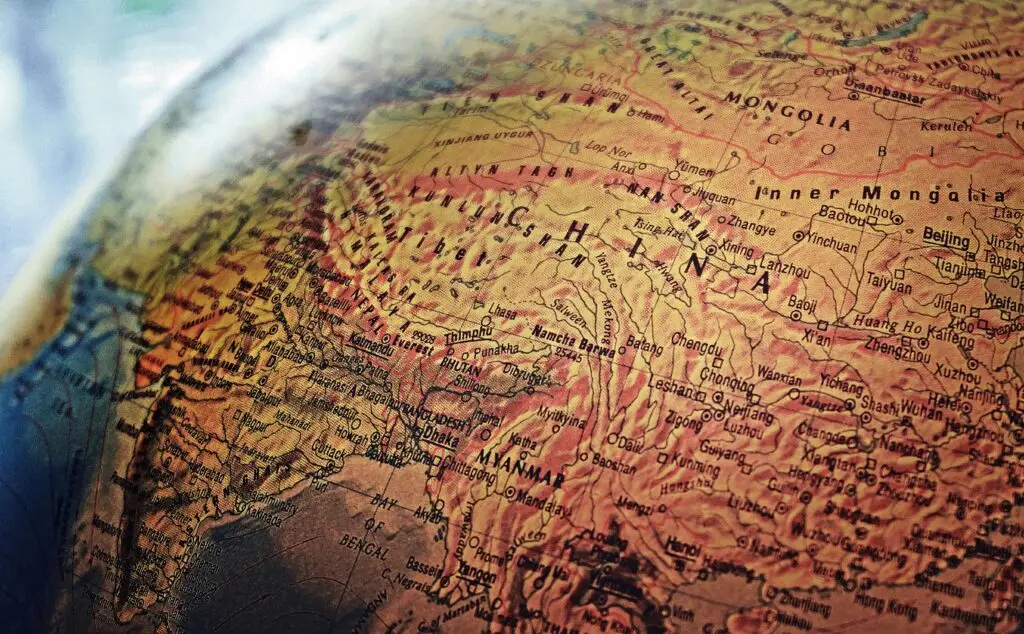MASTER OF POLITICAL SCIENCE | FIRST YEAR | INDIA AND THE WORLD | MPSE-001
ANSWER:
The relationship between the Association of Southeast Asian Nations (ASEAN) and India is a multifaceted and dynamic one, encompassing various aspects such as economic cooperation, strategic partnerships, and cultural ties. Here, we will explore the ASEAN-India relationship, its historical context, key areas of cooperation, challenges, and its significance in regional and global geopolitics.
Historical Context :
India’s engagement with ASEAN dates back centuries through historical trade and cultural interactions. However, formal relations were significantly strengthened in the 1990s when India adopted its Look East Policy, later upgraded to the Act East Policy, which aimed to deepen its engagement with Southeast Asia.
In 1992, India became a Sectoral Dialogue Partner of ASEAN, marking the beginning of formal cooperation. This partnership was elevated in 2002 to a full-fledged Dialogue Partnership with ASEAN. In 2012, India celebrated 20 years of its engagement with ASEAN by hosting the ASEAN-India Commemorative Summit.
Key Areas of Cooperation :
- Economic Integration :- The economic dimension of ASEAN-India relations is a vital component. India is a signatory to the ASEAN-India Free Trade Agreement (AIFTA), which has led to reduced tariffs and increased trade between India and ASEAN member states. Both sides are working to enhance connectivity, including the India-Myanmar-Thailand Trilateral Highway and the Kaladan Multimodal Transit Transport Project, which will facilitate trade and people-to-people exchanges.
- Strategic Partnerships :
– ASEAN and India have established strategic partnerships that encompass political, security, and defense cooperation. India participates in forums like the ASEAN Regional Forum (ARF) and the East Asia Summit (EAS), contributing to regional security discussions.
– Counterterrorism and maritime security cooperation are areas of mutual concern and interest.
- Cultural Exchanges :
– Cultural diplomacy plays a significant role in ASEAN-India relations. Both sides organize cultural festivals, educational exchanges, and promote tourism to enhance mutual understanding.
– The Nalanda University, a revival of the ancient Nalanda institution, is supported by ASEAN nations and India, symbolizing their cultural ties.
- Science and Technology Collaboration :
– ASEAN-India Science and Technology collaboration seeks to address common challenges in areas like agriculture, healthcare, and climate change through joint research and projects.
- Education and Skill Development :
– India offers scholarships and training programs for students and professionals from ASEAN countries to enhance human resource development and capacity building.
Challenges :
- Geopolitical Complexity : The ASEAN-India relationship operates in a complex geopolitical environment, with China’s rising influence in the region affecting the strategic dynamics.
- Non-Tariff Barriers : Despite trade agreements, non-tariff barriers and regulatory challenges have impeded the full realization of the economic potential of the relationship.
- Historical Tensions : Historical tensions between India and certain ASEAN member states, such as Cambodia and Vietnam, related to the Khmer Rouge and the Vietnam War, can influence diplomatic relations.
- Connectivity : Improving physical connectivity, such as road and rail networks, remains a challenge in some areas of Southeast Asia, affecting trade and people-to-people contacts.
Significance :
- Geopolitical Balance : ASEAN-India relations are essential for maintaining a balance of power in the region. India’s presence in Southeast Asia contributes to regional stability and counterbalances China’s influence.
- Economic Growth : ASEAN is a rapidly growing economic region, and India is a significant market. Enhanced economic ties benefit both sides, fostering trade and investment opportunities.
- Cultural Ties : The rich cultural heritage shared between India and ASEAN member states fosters people-to-people connections, promoting mutual understanding and goodwill.
- Security Cooperation : Collaboration on counterterrorism, cybersecurity, and maritime security contributes to regional security and stability.
- Global Diplomacy : Both ASEAN and India are active participants in various regional and global forums. Cooperation between them amplifies their diplomatic influence on issues of global concern.
In conclusion, the ASEAN-India relationship is characterized by a mix of historical ties, economic interests, strategic partnerships, and cultural affinities. While challenges exist, the relationship continues to evolve and deepen, contributing to regional stability and prosperity in Southeast Asia and the broader Indo-Pacific region. ASEAN and India recognize the importance of their partnership in addressing shared challenges and opportunities in the 21st century.


